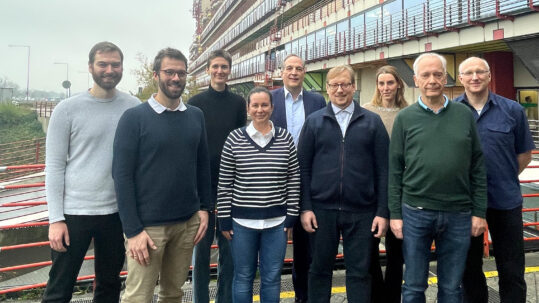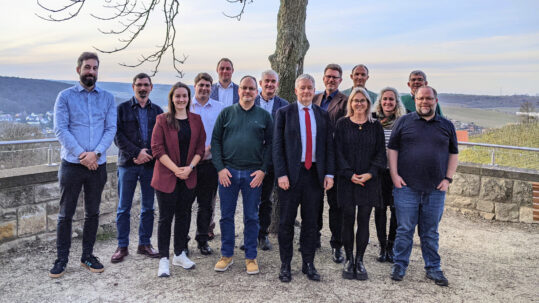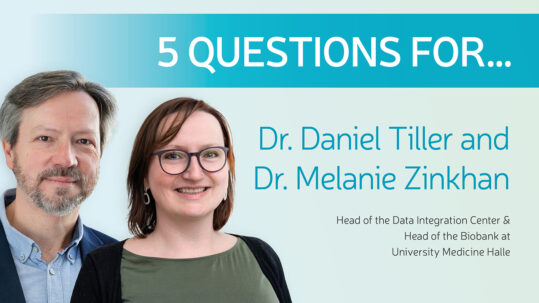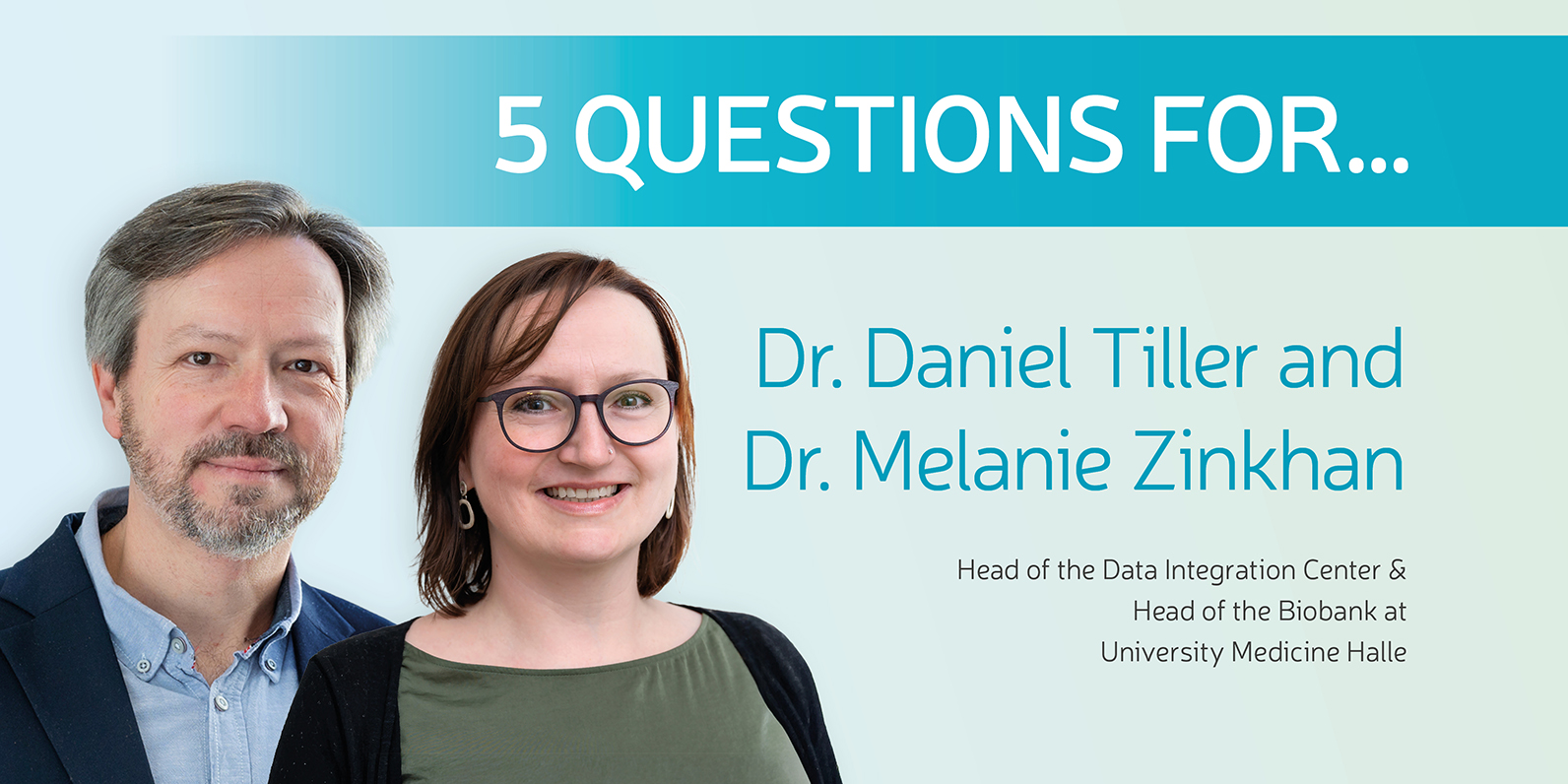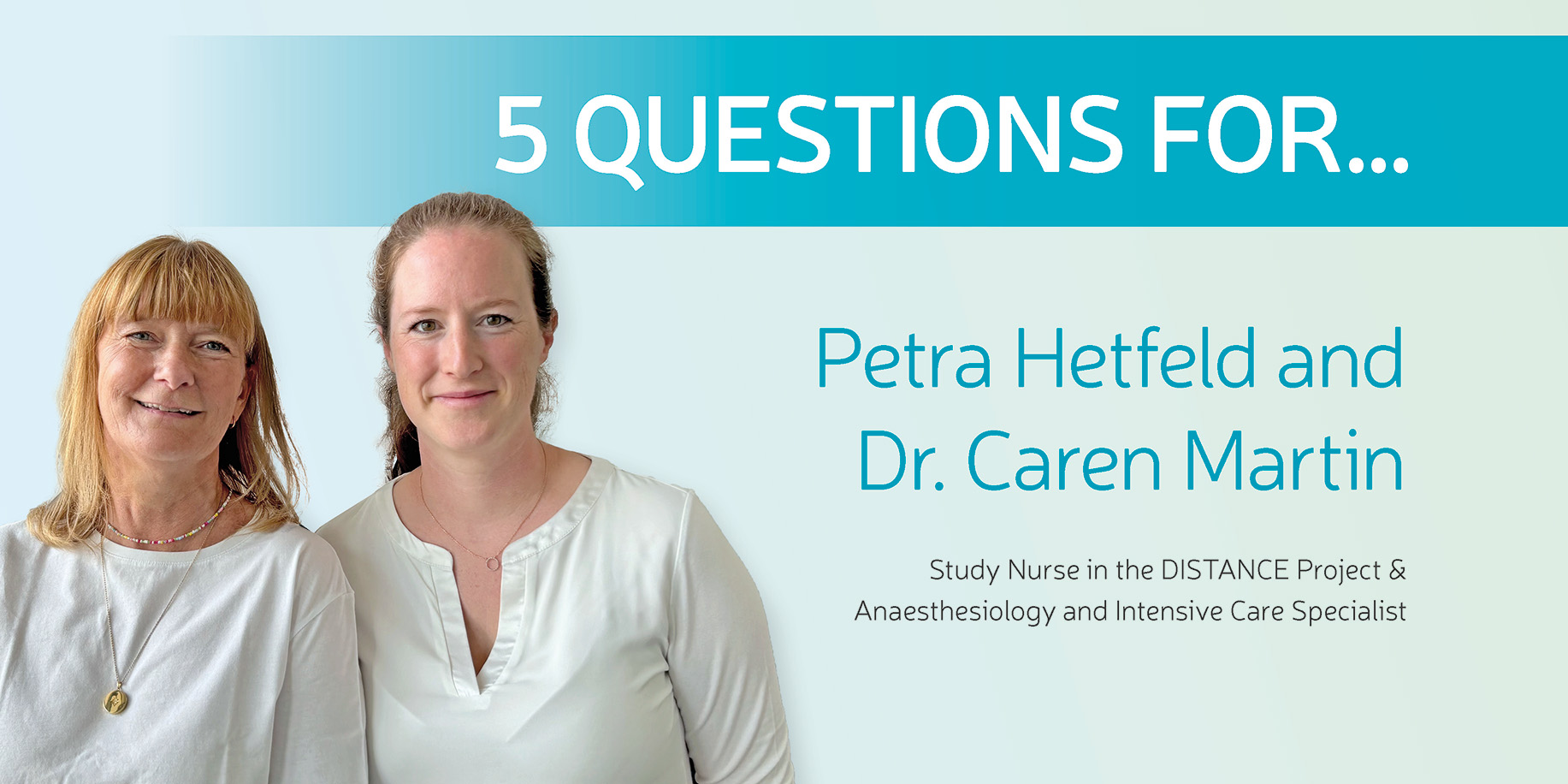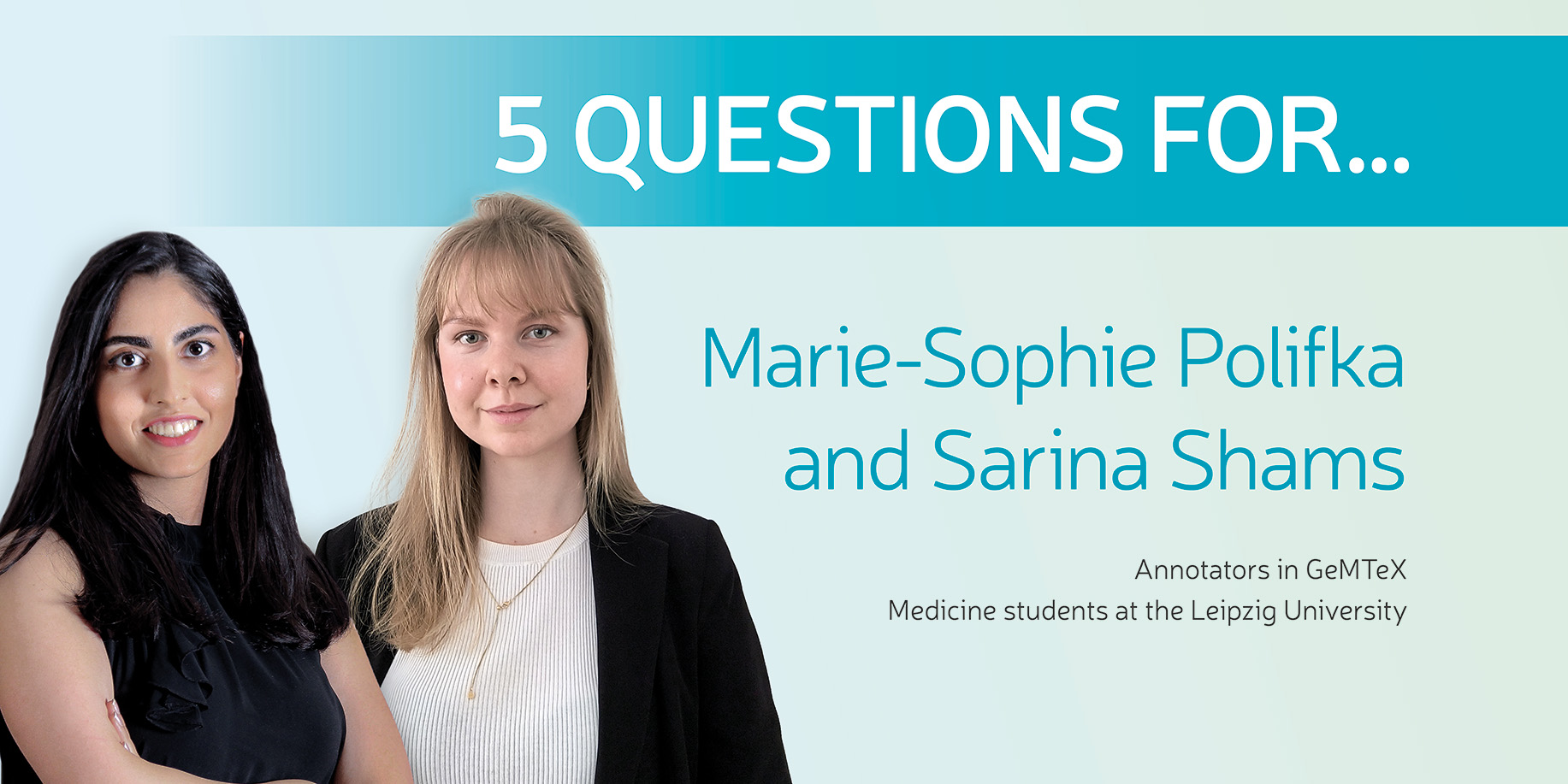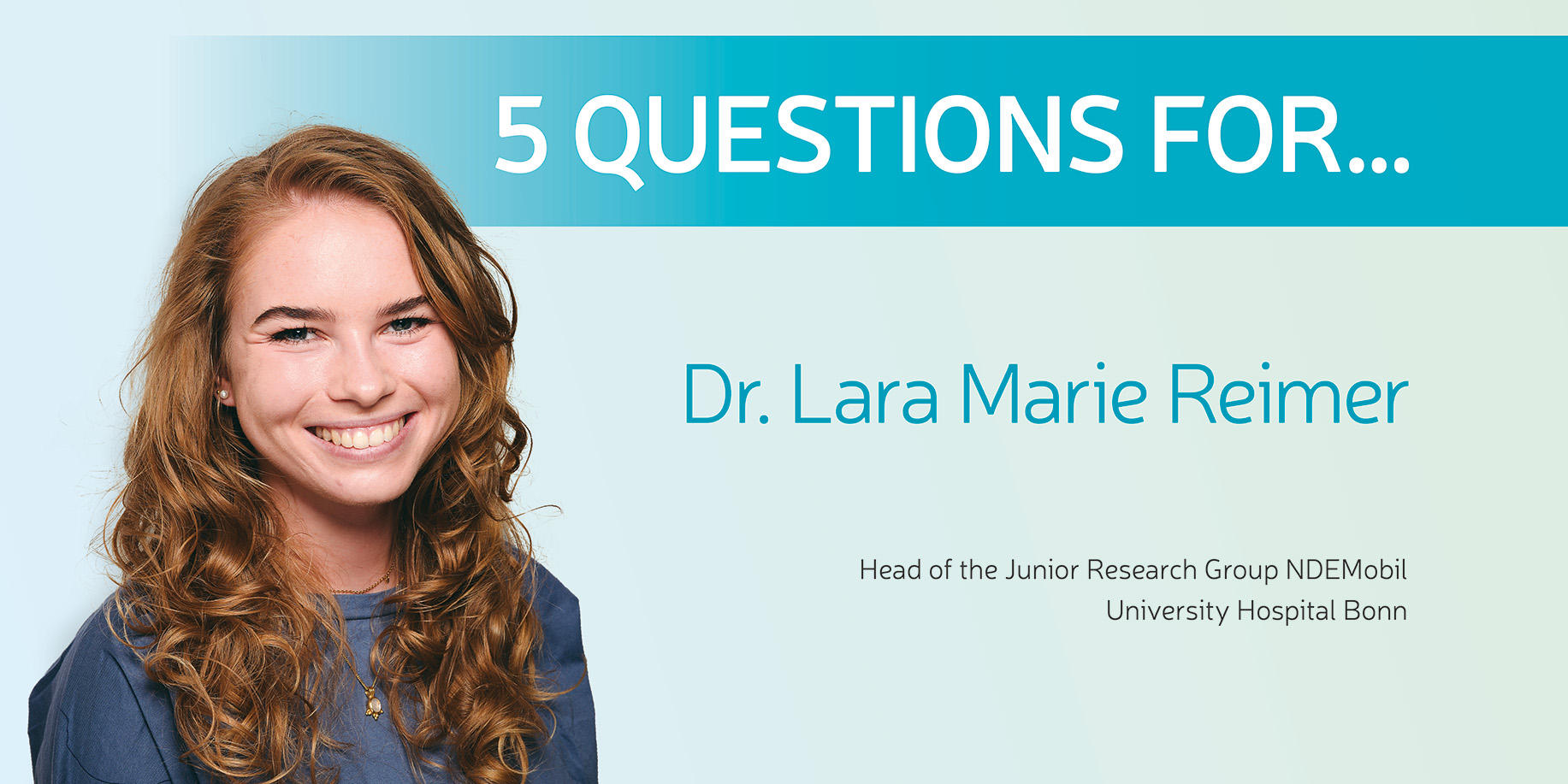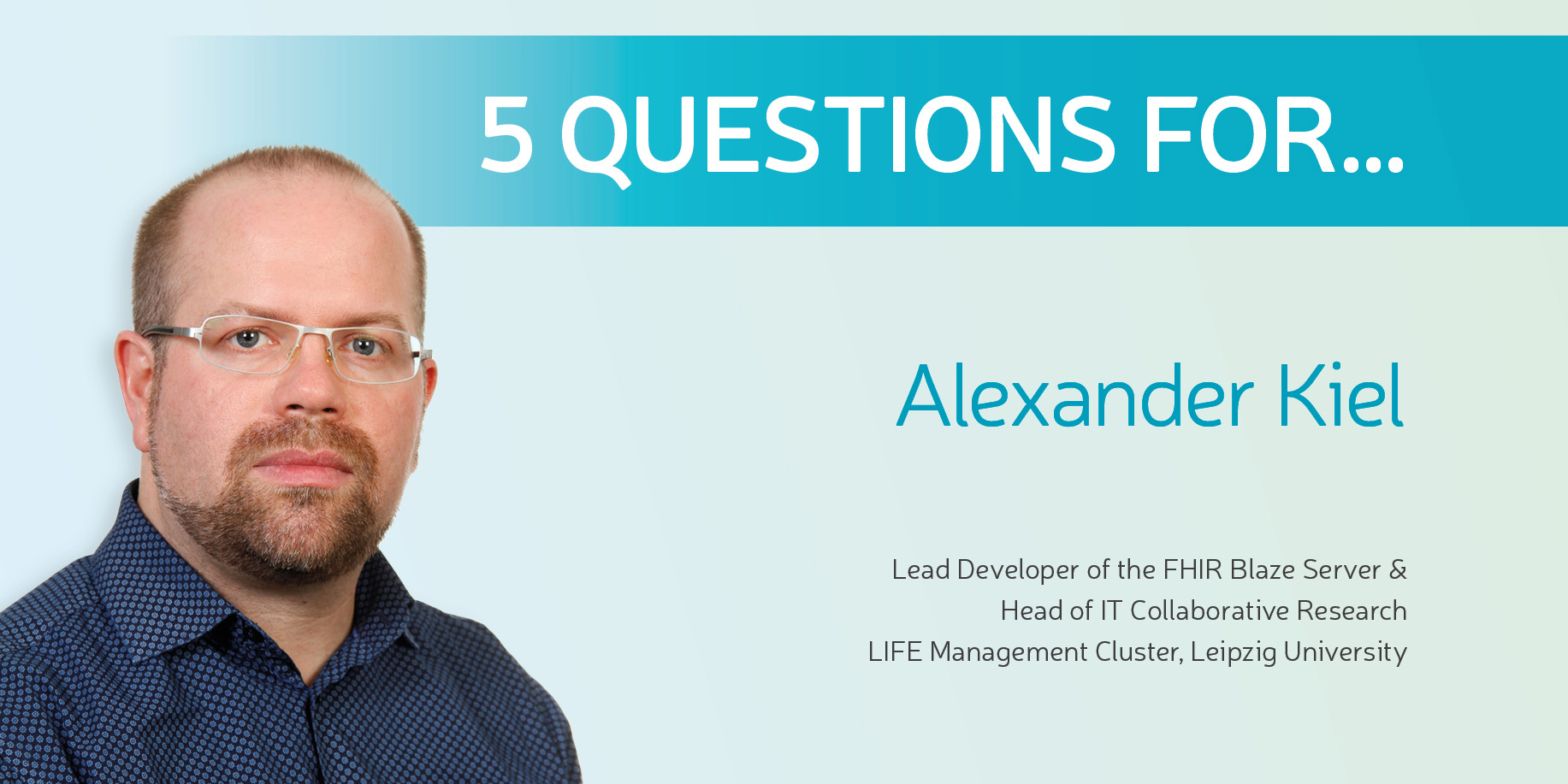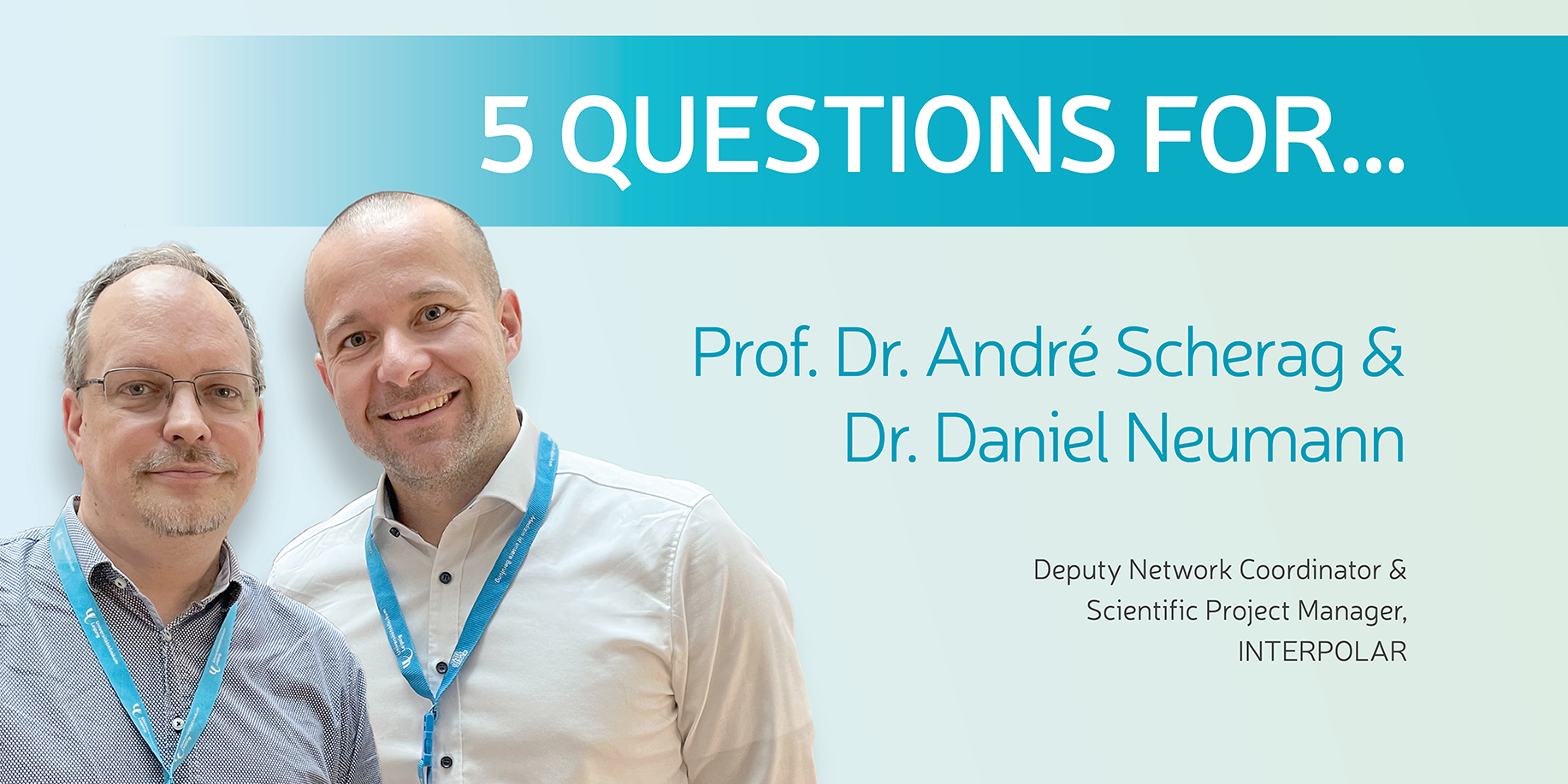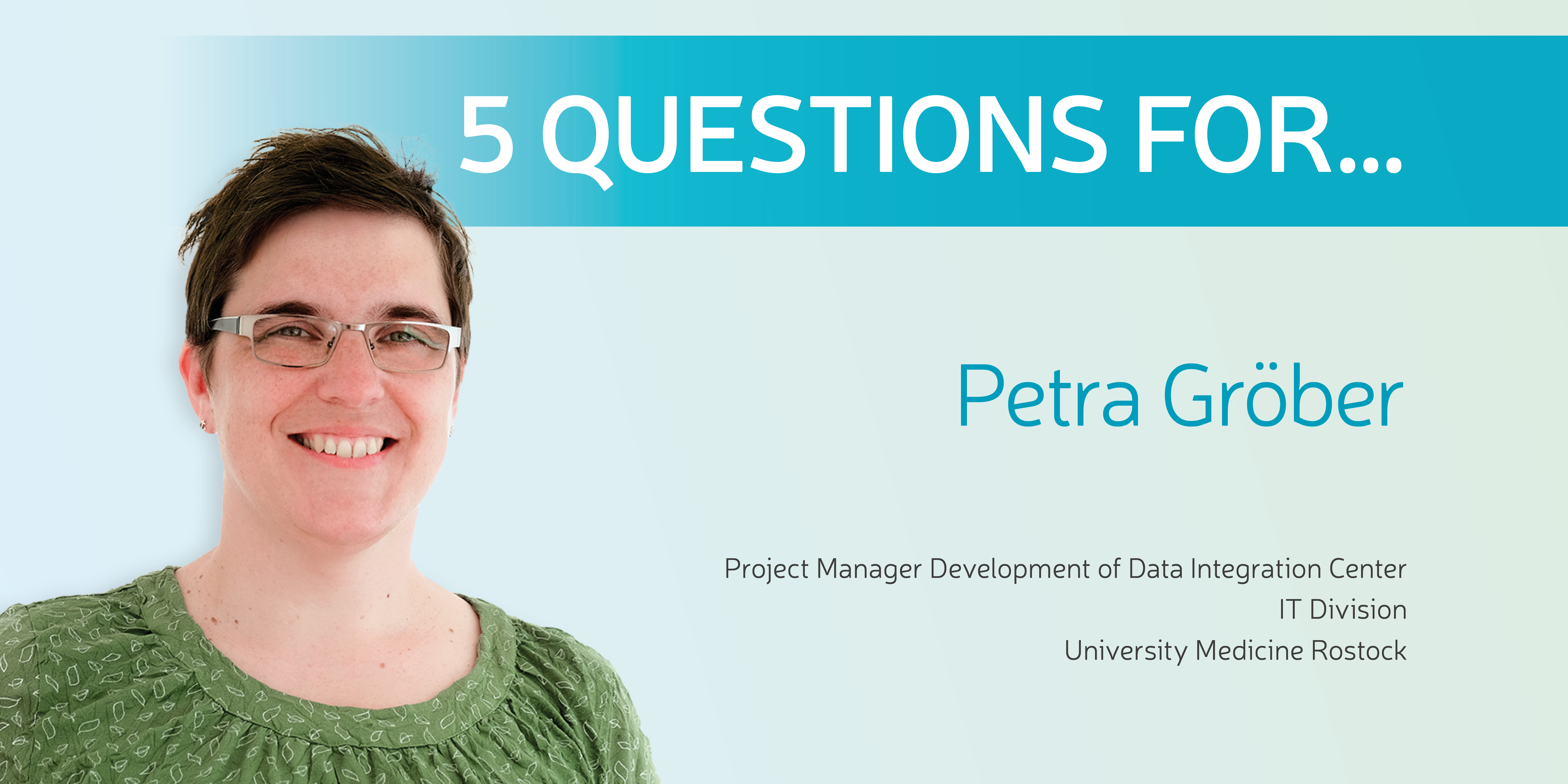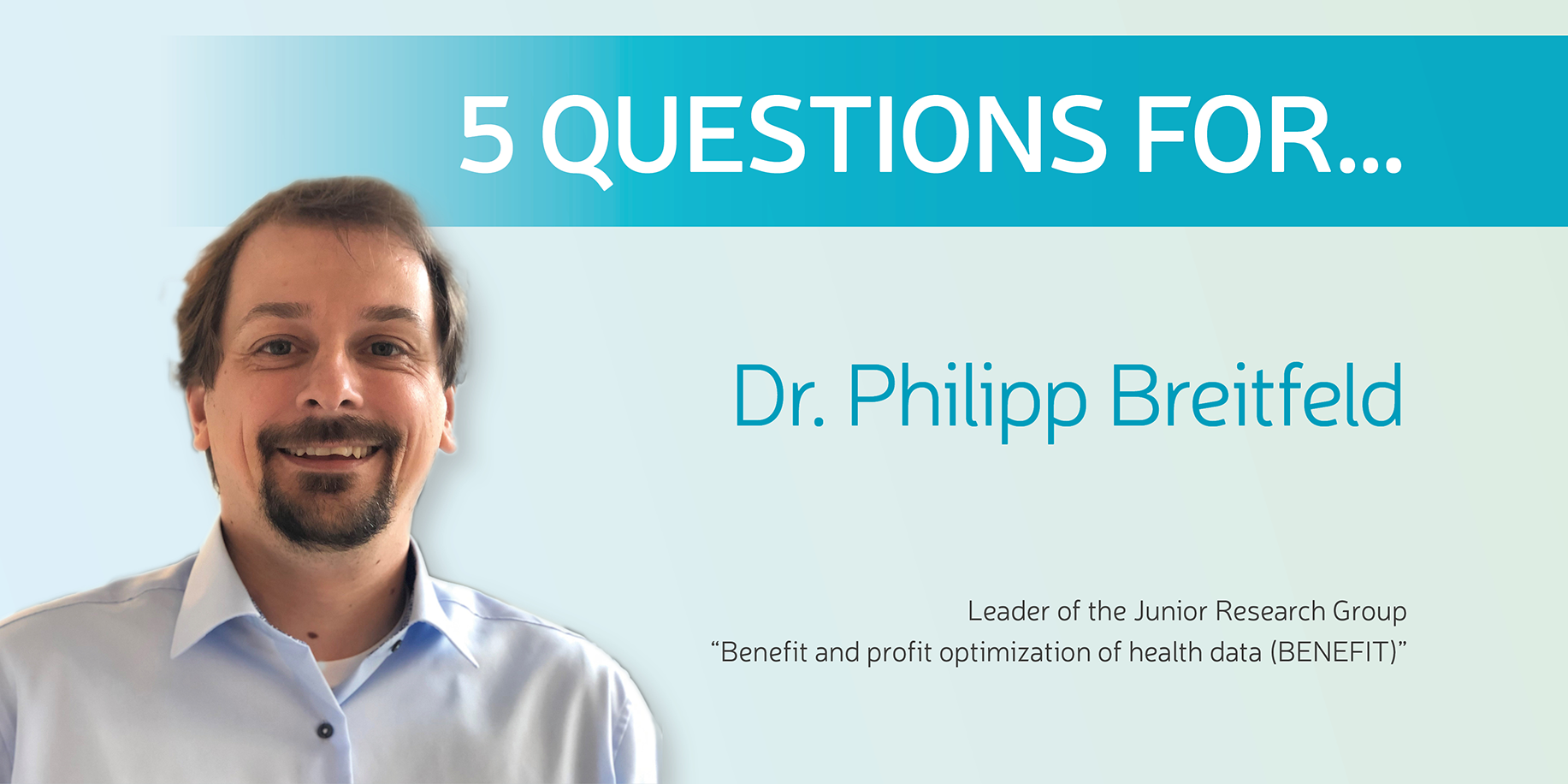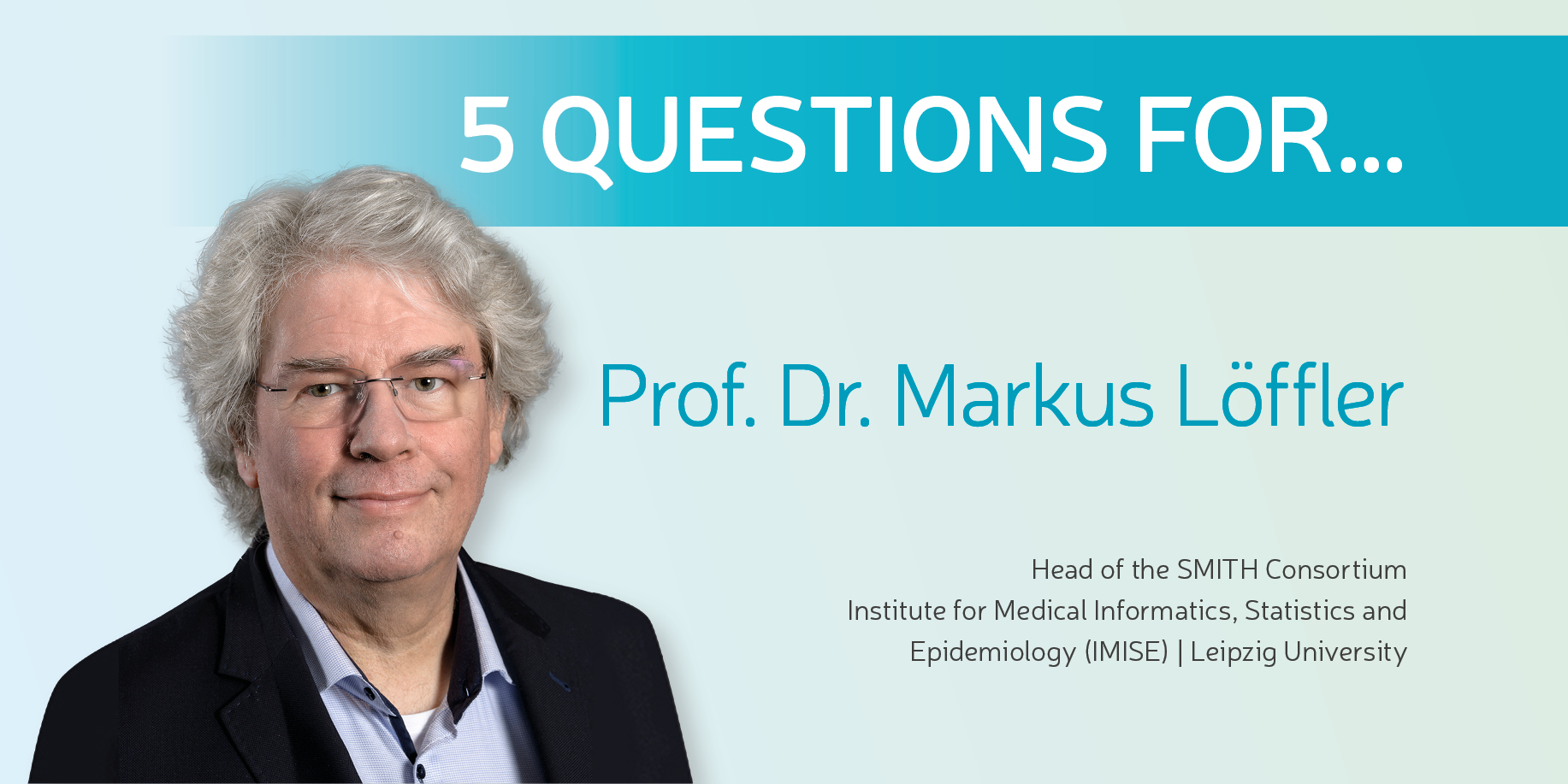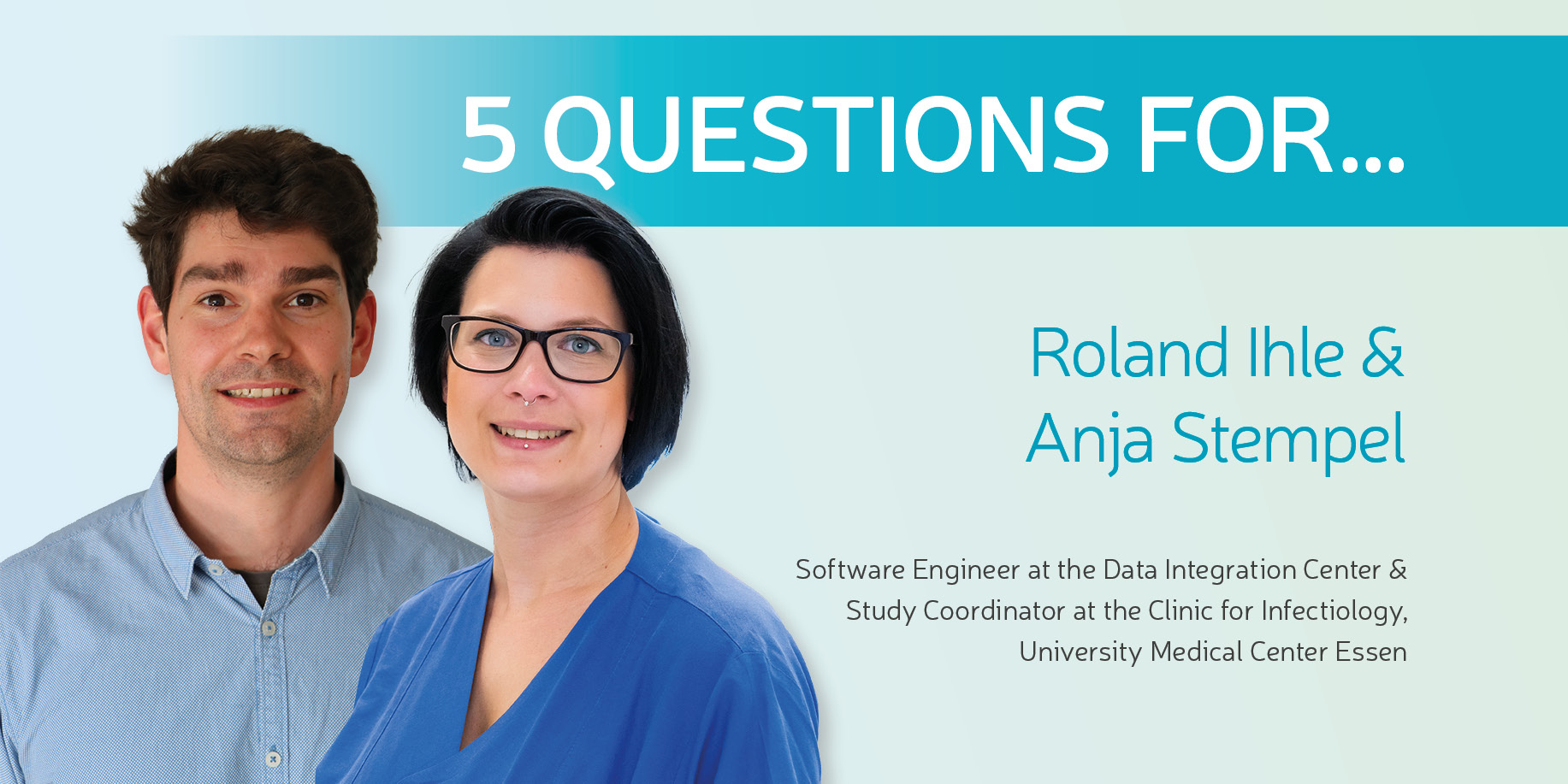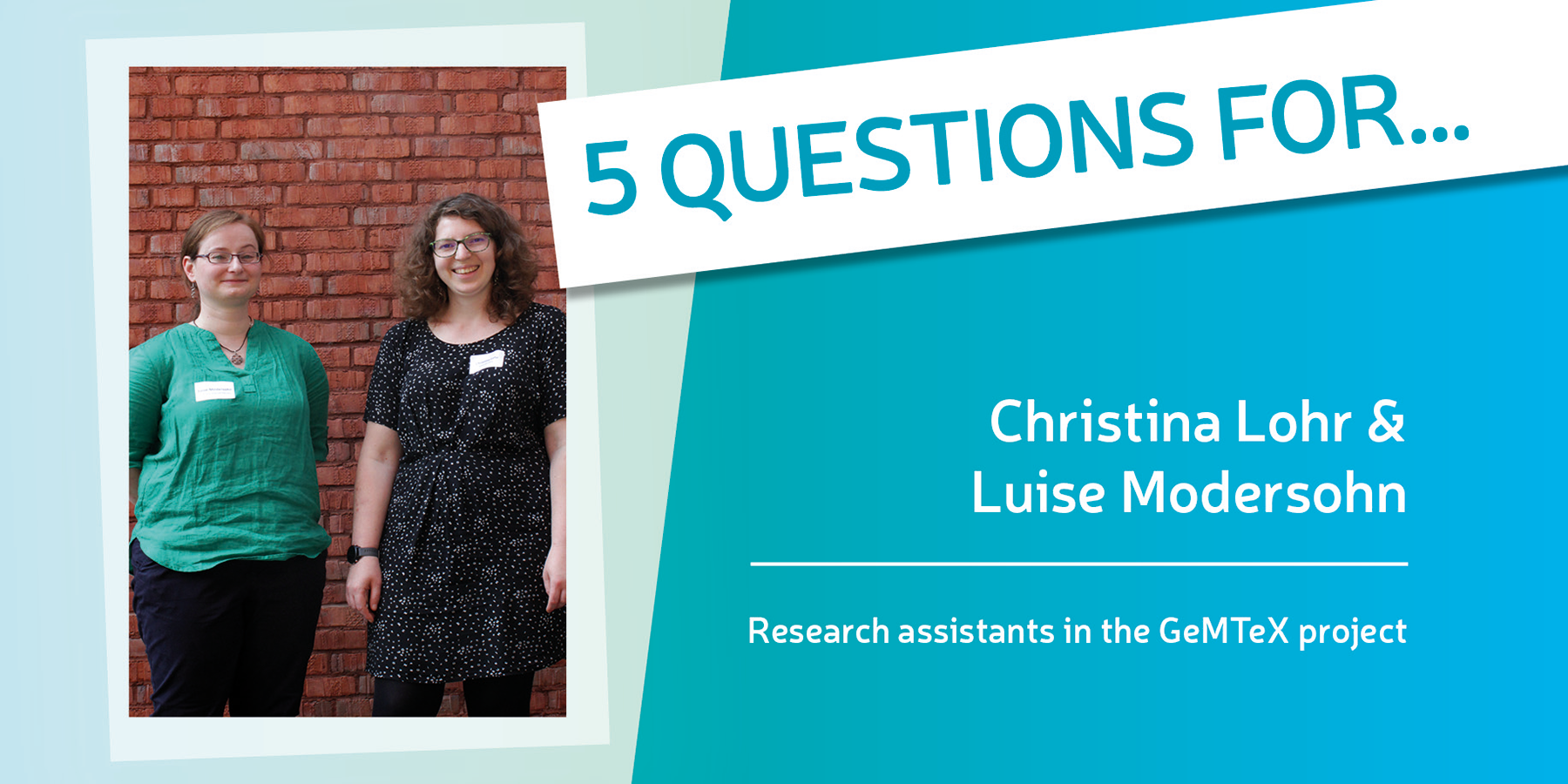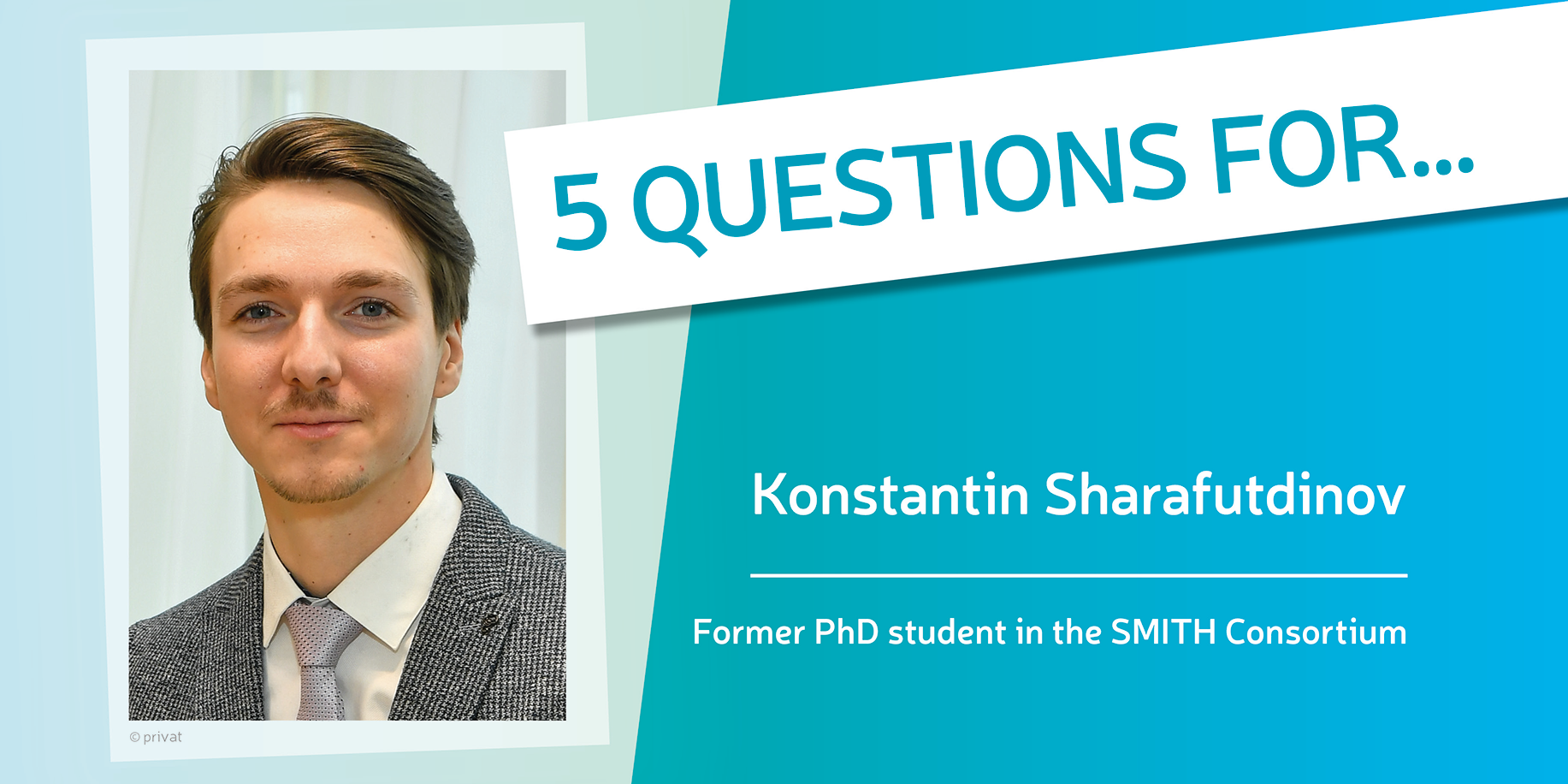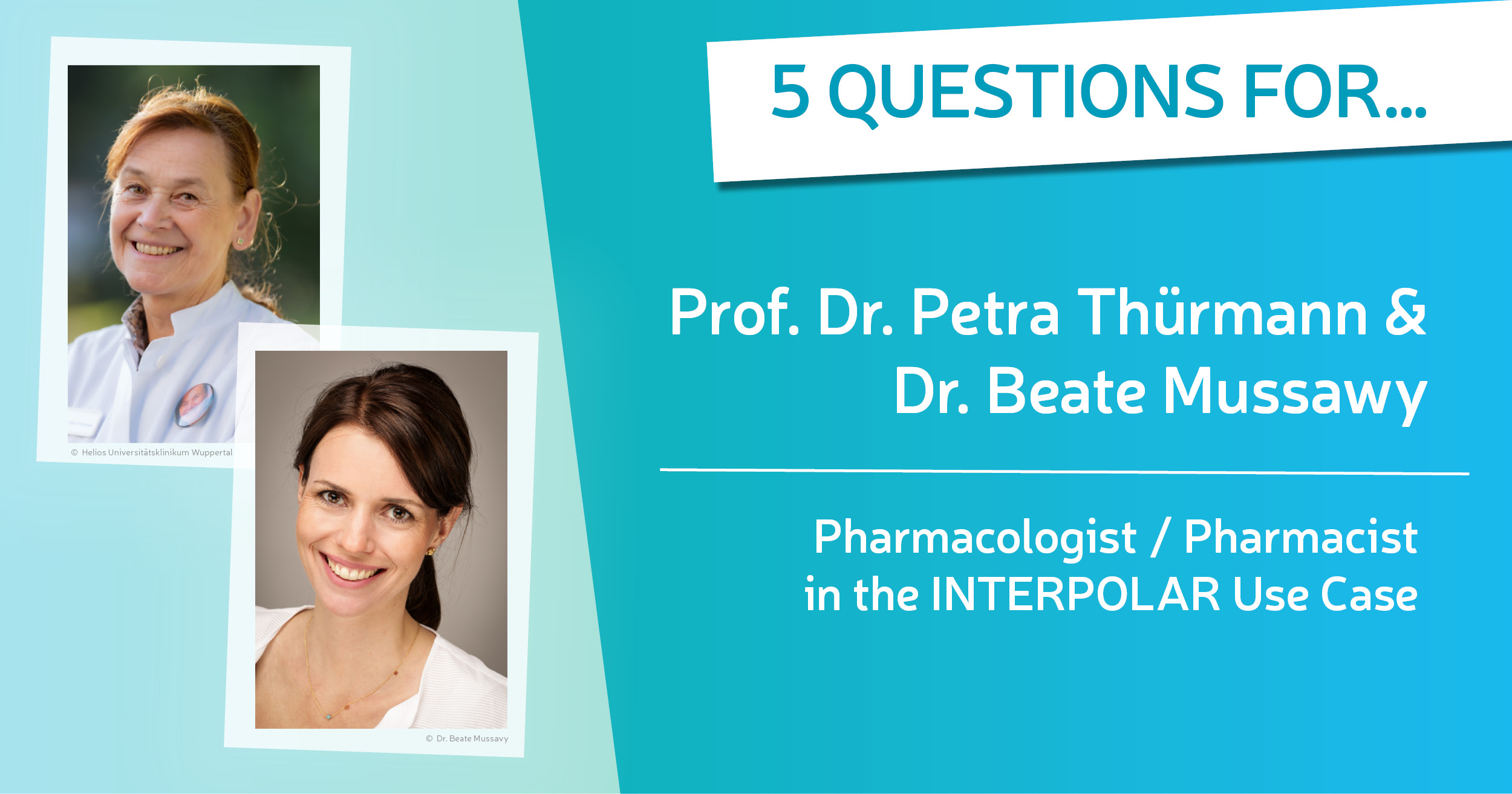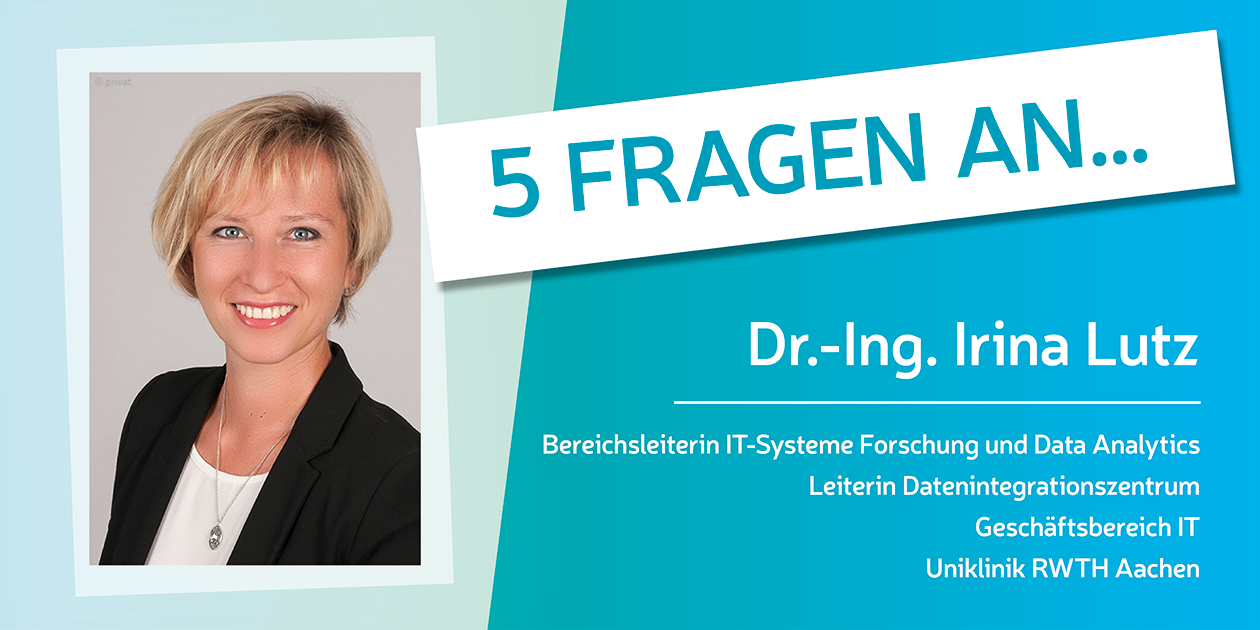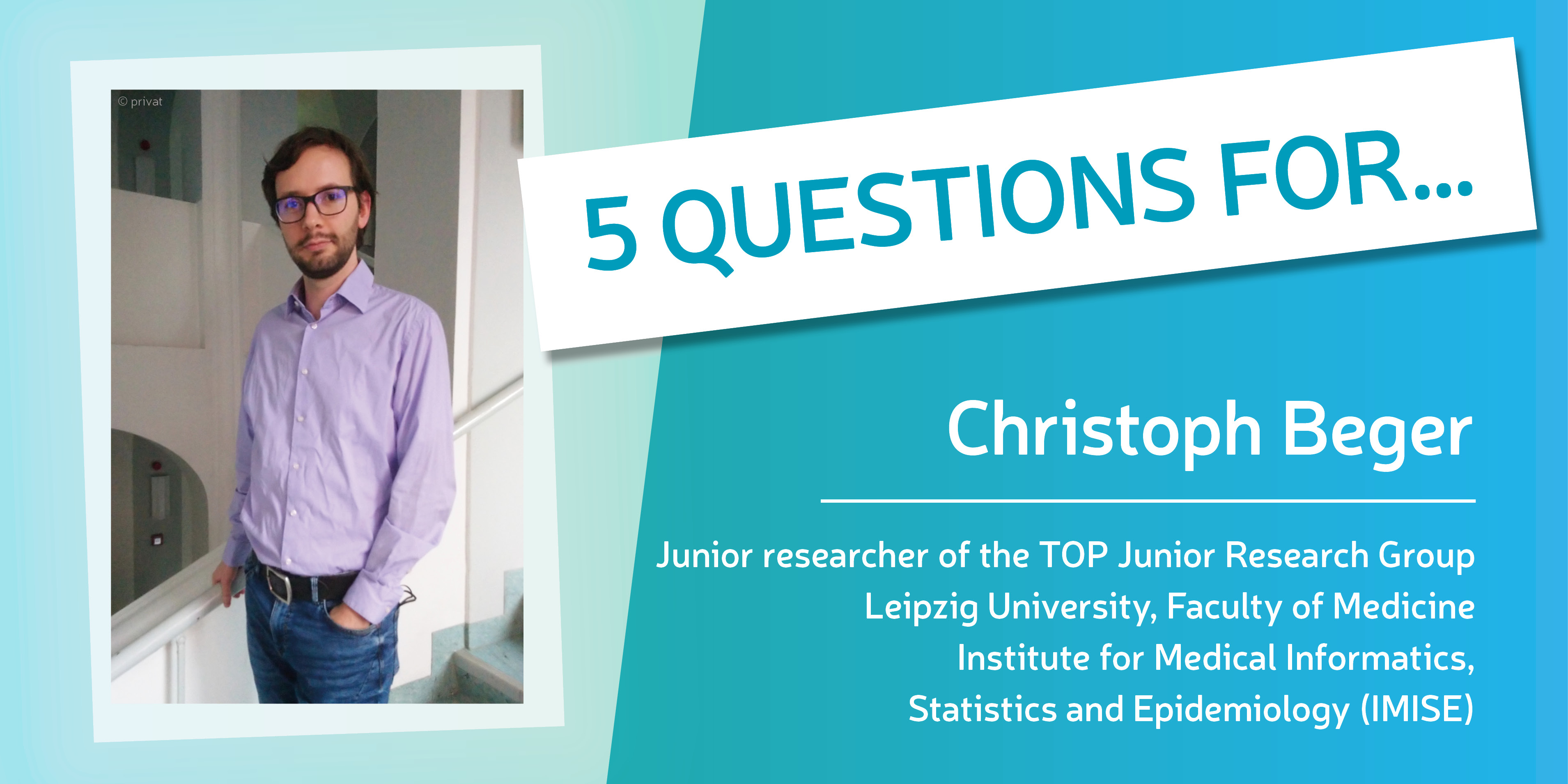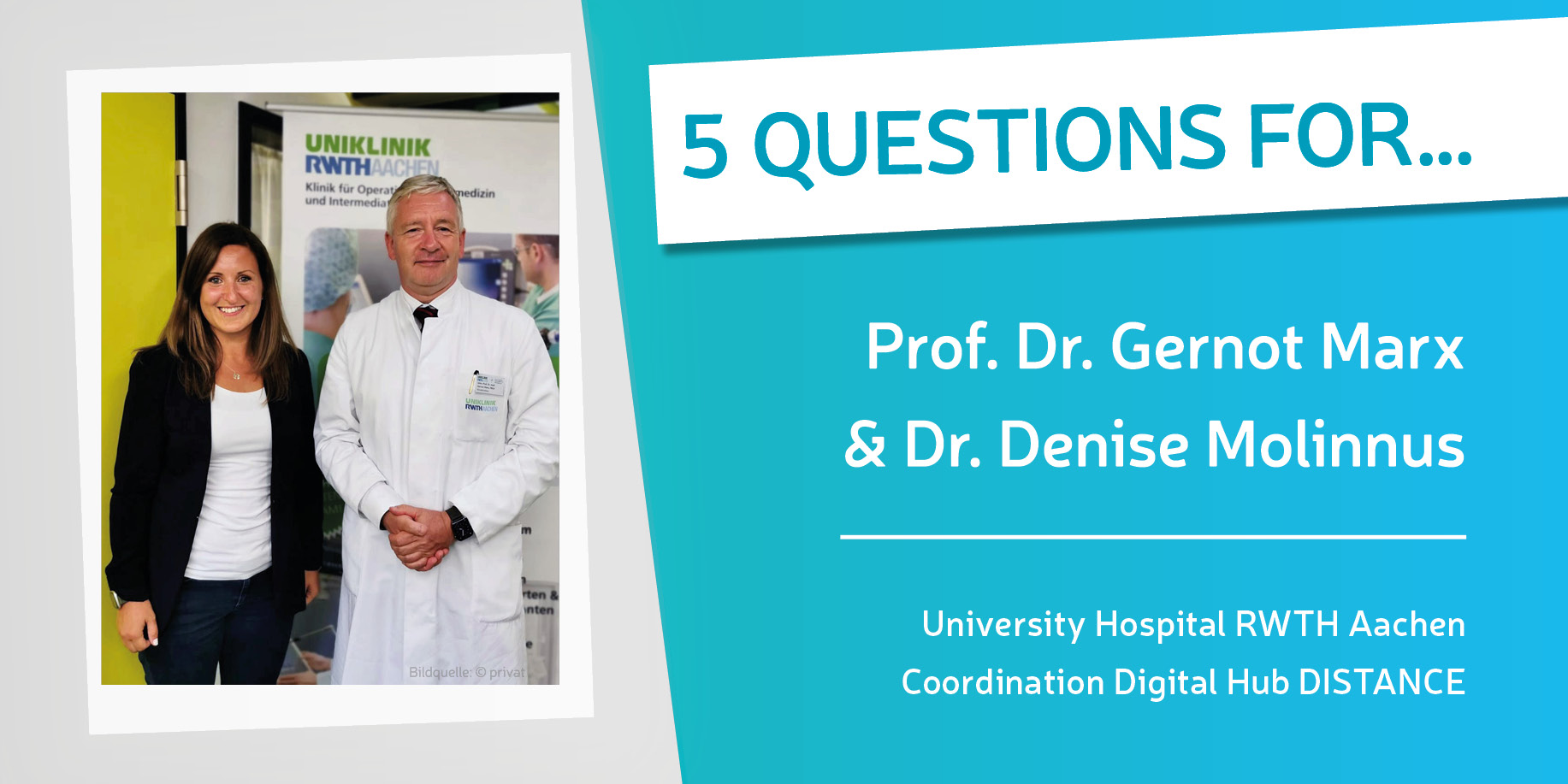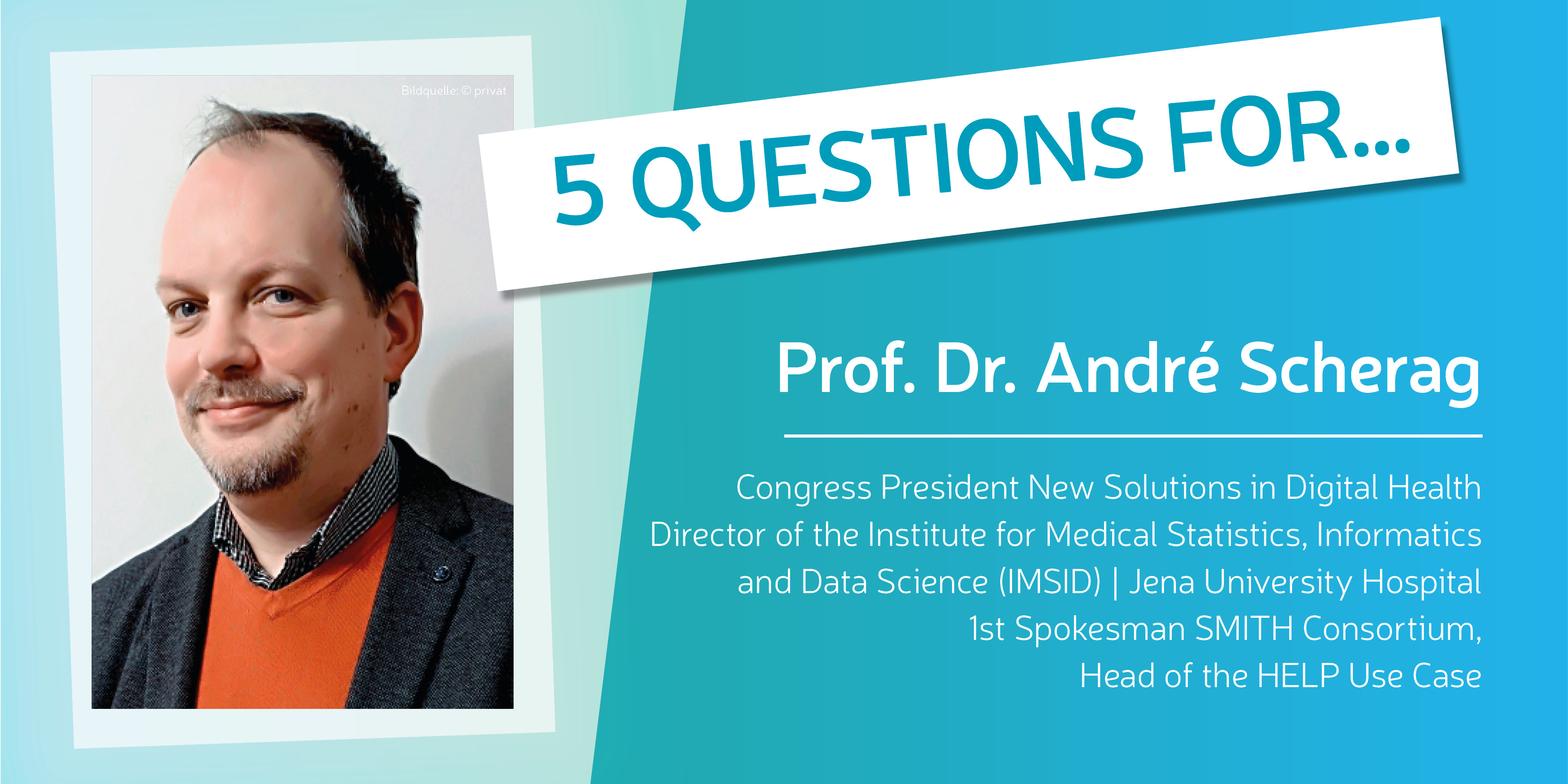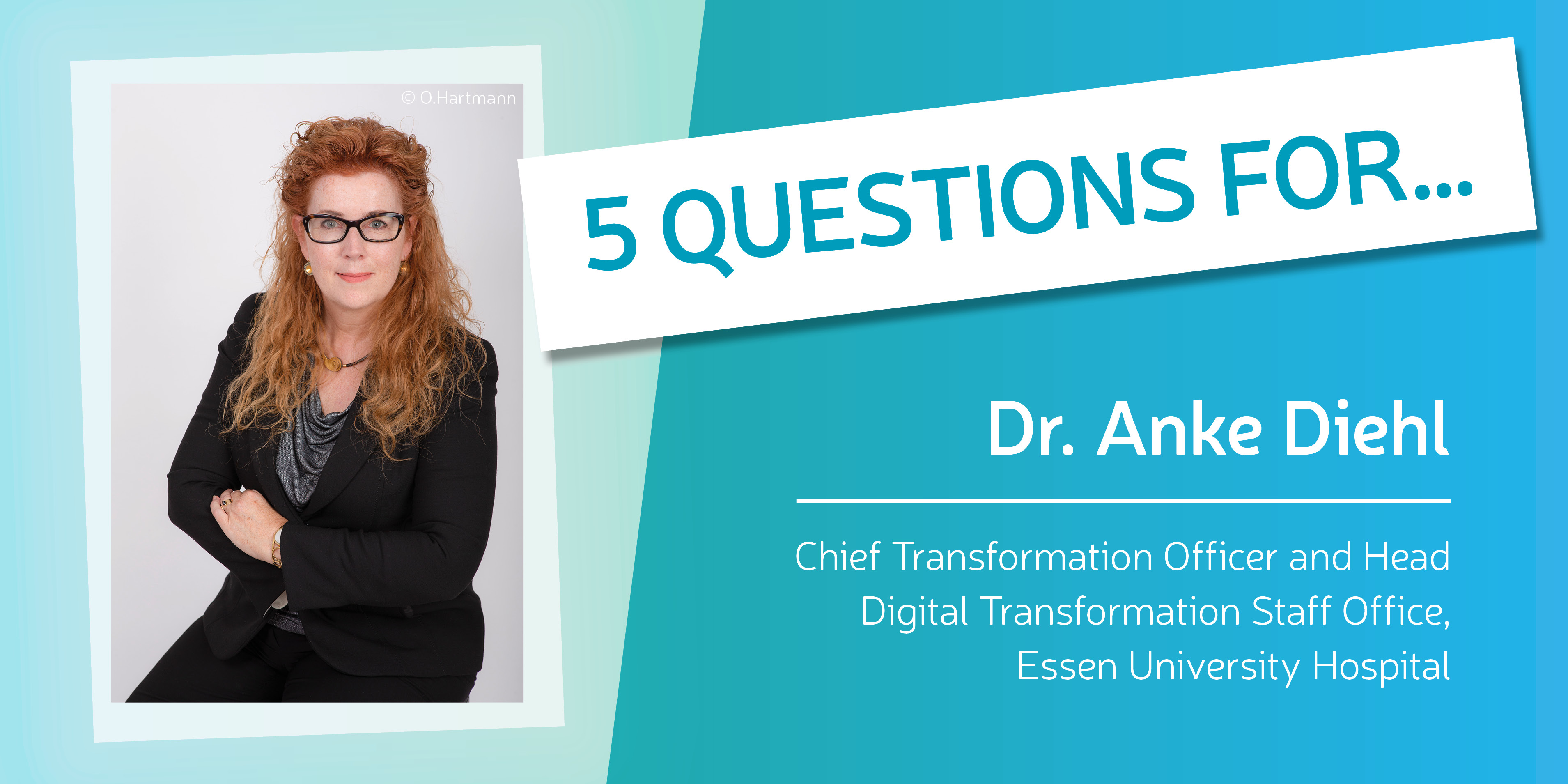In the SMITH Consortium, a network of university and university medical partners is working on linking research and healthcare in a targeted and data protection-compliant manner. The Data Integration Centers set up at the clinical sites for this purpose are the central technological interfaces. They process the healthcare data generated in everyday clinical practice and make the data available to medical research in standardized form. The prerequisite for all work is always the declaration of consent of the patients, who make a significant contribution to improving medical care by providing their data. Based on clinical and methodological use cases, SMITH tests and proves the benefit of the IT solutions developed. SMITH is one of four consortia of the Medical Informatics Initiative (MII) funded by the German Federal Ministry of Research, Technology and Space (BMFTR). As part of the consolidation and extension phase funded from 2023 to 2026, data-based health research is to be further expanded through cooperation with new partners, especially from the regional health care sector. The expansion of the medical informatics infrastructure will take place in close cooperation with the Network University Medicine (NUM).




